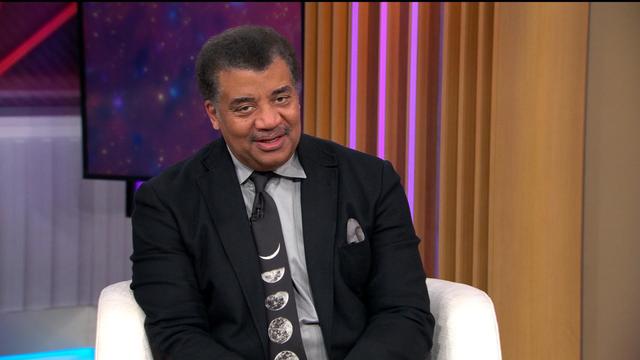
Science
Neil deGrasse Tyson explores the cosmos in his new book, "Merlin's Tour of the Universe," where he answers readers' questions on galaxies, black holes and more. He joins "CBS Mornings" to share more his cosmic journey.


Neil deGrasse Tyson explores the cosmos in his new book, "Merlin's Tour of the Universe," where he answers readers' questions on galaxies, black holes and more. He joins "CBS Mornings" to share more his cosmic journey.

Greenhouse gas concentrations in the atmosphere reached record highs in 2023, the U.N. warned, with countries falling "miles short" of what is needed to curb devastating global warming.
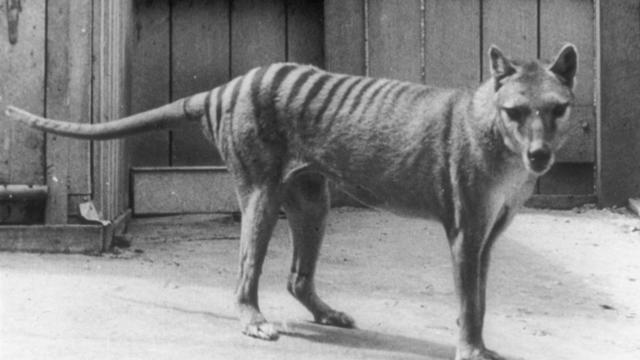
Colossal Biosciences says it's made a breakthrough toward the de-extinction of the thylacine, or Tasmanian tiger.
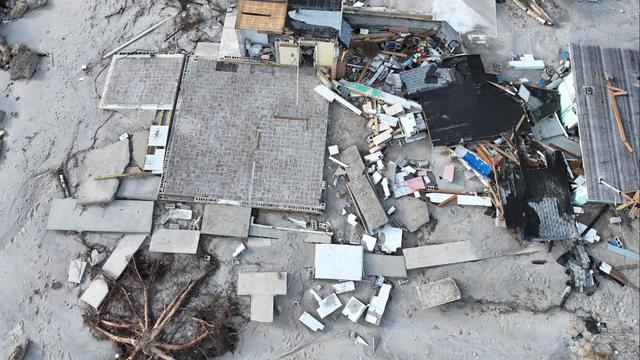
Hurricanes Helene and Milton caused so much complex havoc that damages totals are likely join the infamous ranks of Katrina, Sandy and Harvey as super costly $50-billion-plus killers, experts say.

White blobs of "a mystery substance" dotting beaches across Canada's far northeast Newfoundland and Labrador province spark an investigation.
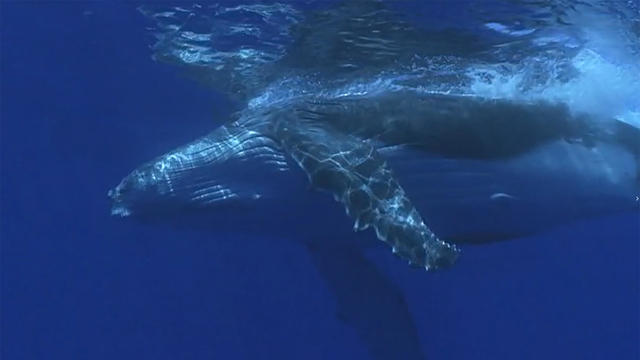
Endangered whale species (like blue whales, humpbacks, and fin whales) face a major threat on the high seas: cruise and container ships that have difficulty avoiding collisions with whales. Correspondent David Pogue talks with a marine ecologist at Woods Hole Oceanographic Institute, whose fleet of autonomous vehicles helps track whales in shipping lanes; and finds out how container ships may be able to reduce striking whales.

The author of the bestseller "Sapiens: A Brief History of Humankind" returns with an examination of the power of intelligence to shape and control civilizations throughout history, and how artificial intelligence may change society, economics and politics.
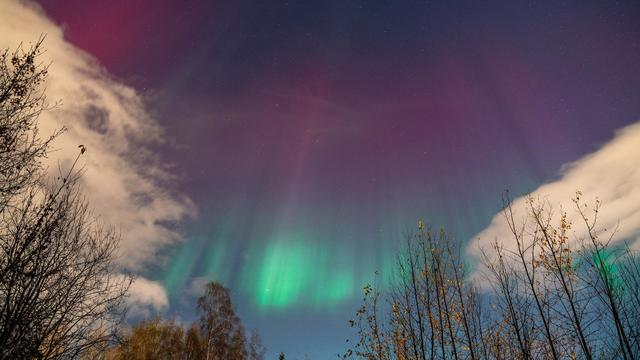
Many Americans were able to spot the northern lights Thursday and may have another chance to do so Friday as the aurora borealis remains visible. CBS News Bay Area meteorologist Zoe Mintz breaks down the phenomenon and also looks at the latest U.S. forecast.
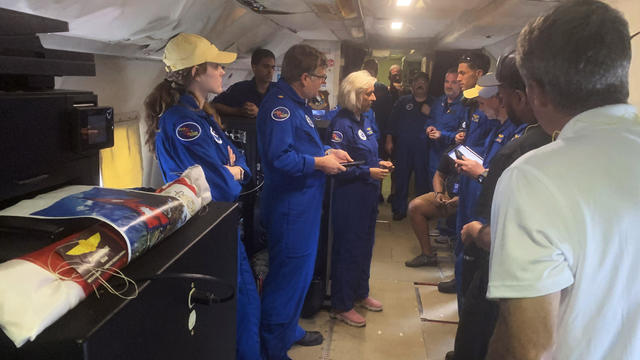
The ashes were released into the eye of the hurricane Tuesday night, less than 24 hours before Milton made landfall.
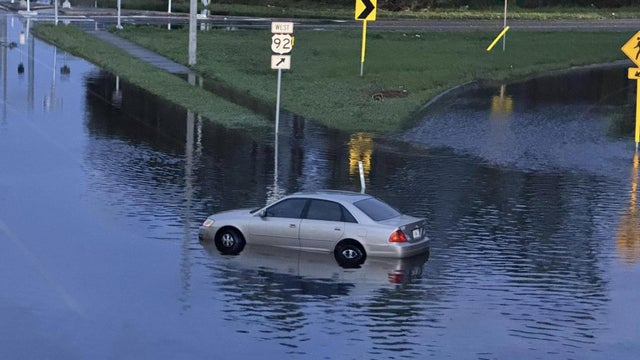
The rising frequency and strength of storms like Milton and Helene has some people rethinking where they live, with scientists saying climate change is a major factor in the increase in these powerful storms. Jesse Keenan, associate professor of sustainable real estate and urban planning at Tulane University, joins CBS News to discuss climate change's impact on human migration.


Our website uses cookies to improve your experience. Learn more